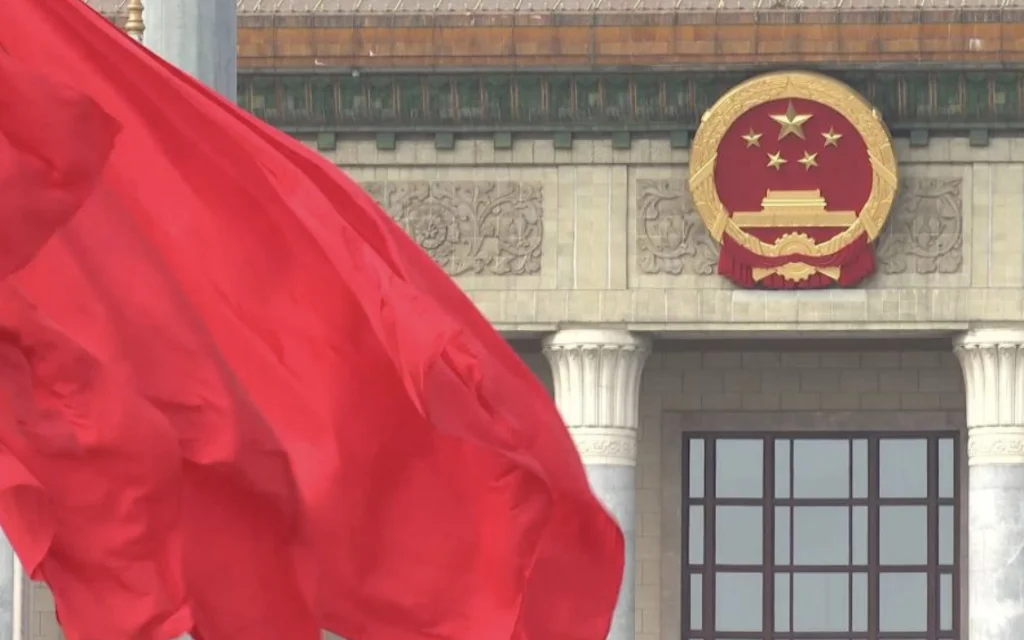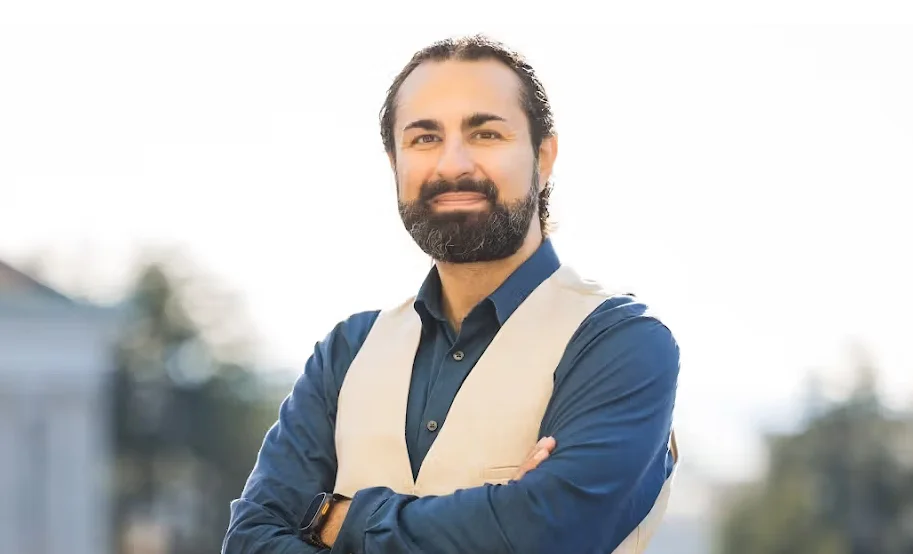Insider Brief
- India’s Prime Minister Narendra Modi urged U.S. tech CEOs to collaborate with India in emerging technologies like AI, quantum computing, and semiconductors.
- Modi emphasized India’s ambition to become a global tech hub, encouraging companies to co-develop and co-produce in India for the world.
- U.S. tech leaders expressed interest in investing in India’s innovation-driven market, seeing opportunities in AI, quantum computing, and semiconductor development.
During his U.S. visit, Prime Minister Narendra Modi called on American tech leaders to deepen their collaborations with India, particularly in areas such as artificial intelligence (AI), quantum computing, and semiconductors, according to The Hindu.
For quantum companies and research institutions in the U.S. and abroad, this is a strong signal that India is open for business in quantum technology and other deep tech areas.
Speaking to the CEOs of top U.S. tech firms, Modi emphasized that India’s growth, especially in emerging technologies, offers significant opportunities for global innovation and development.

Had a fruitful roundtable with tech CEOs in New York, discussing aspects relating to technology, innovation and more. Also highlighted the strides made by India in this field. I am glad to see immense optimism towards India,” PM Modi said in a post on X, as reported by The Hindu.
At a roundtable meeting organized by the Massachusetts Institute of Technology (MIT) School of Engineering, Modi underscored India’s ambition to become a global technology hub. He urged companies to co-develop, co-design, and co-produce technological solutions in India for both the domestic and international markets.
India is making efforts to become the third-largest economy in the world during the prime minister’s current third term, Modi told attendees, including Google CEO Sundar Pichai, Adobe CEO Shantanu Narayen, and NVIDIA CEO Jensen Huang, according to a Ministry of External Affairs press release.
The roundtable was part of Modi’s larger push to position India as a leader in emerging technologies, particularly in sectors like AI and quantum computing. Quantum computing, a technology that leverages the principles of quantum mechanics to process information in ways that classical computers cannot, is seen as a future pillar of technological progress. In recent years, India has been laying the groundwork to establish itself in this field.
Modi also stated that his government is “committed to making India a global hub of semiconductor manufacturing,” while also highlighting India’s initiatives in quantum research.
India-U.S. Tech Collaboration
Modi pointed to technology collaboration, particularly the Initiative on Critical and Emerging Technologies (ICET), as central to the India-U.S. Comprehensive Global Strategic Partnership. ICET focuses on deepening ties between the two nations in areas like quantum computing, AI, and semiconductor technologies. Modi suggested the initiative reflects both nations’ interest in fostering innovation and developing a shared technological future.
The meeting drew participation from CEOs of major firms working on cutting-edge technologies. Alongside Google and Adobe, leaders from IBM, AMD, and Verizon were present, representing companies heavily invested in quantum research and AI applications. According to Modi, this partnership will help India achieve its technological aspirations while also offering these companies access to one of the world’s fastest-growing economies.
The Prime Minister’s message to these companies was clear: India is not just an emerging market but a potential global leader in next-generation technologies, reported The Hindu, one of India’s newspapers of record. Modi’s pitch is tied to India’s larger economic goals. India, currently the fifth-largest economy in the world, has been one of the fastest-growing large economies, with a GDP growth rate exceeding 7% over the last three years. Modi emphasized that by working with India, these companies could contribute to—and benefit from—this growth trajectory.
Focus on AI and Ethics
In addition to quantum computing, Modi outlined India’s policy approach to AI. During the meeting, he reiterated India’s commitment to promoting AI for all, with a focus on its ethical and responsible use. Modi highlighted the country’s policy on AI as part of a broader vision to integrate technology into the economy in a way that benefits society at large. AI has the potential to revolutionize industries ranging from healthcare to finance, and India is positioning itself as a key player in this field. According to Modi, the government’s ethical stance on AI will ensure that its development and application prioritize public interest.
The CEOs present at the meeting responded positively to Modi’s pitch, according to the newspaper. Several executives expressed strong interest in investing and collaborating with Indian firms, particularly in areas of innovation such as AI, quantum research and semiconductor development. They also saw India’s growing prominence as a global technology hub as a significant opportunity for partnership.
The Path Forward
While the discussions focused heavily on the future of quantum computing and AI, Modi also touched on India’s BIO E3 policy, which aims to turn India into a biotechnology powerhouse. However, reports suggest quantum computing and AI dominated the conversation, with CEOs recognizing that India’s innovation-friendly policies and growing tech ecosystem provide fertile ground for co-development projects.
PM Modi’s roundtable was just one part of his broader U.S. visit, where he also engaged with global leaders at the U.N. General Assembly and addressed the Indian community in New York.














